The Siberian Husky is a breed that captivates with its stunning appearance, dynamic energy, and rich history. Known for their striking blue or multi-colored eyes and thick double coat, Huskies not only stand out in appearance but also in their spirited personality. Originating from the harsh and cold environment of Siberia, they were bred by the Chukchi people primarily as sled dogs capable of long-distance travel. Today, they are celebrated not only for their physical capabilities but also for their unique character traits that make them beloved pets around the world.
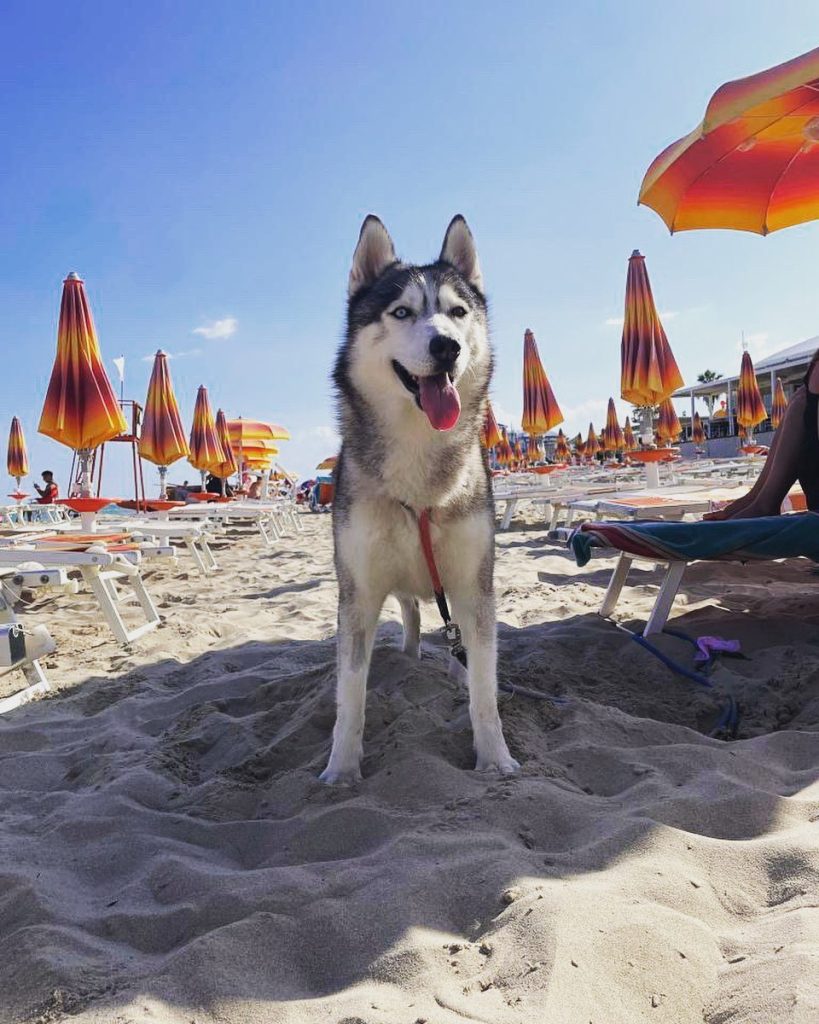
Overview of the Breed
The Siberian Husky is a medium-sized working dog breed known for its endurance and willingness to work. Their most notable features include a dense double coat, erect triangular ears, and distinctive markings, often with striking blue or heterochromatic eyes. Huskies are renowned for their friendly and gentle temperament but also possess a bold and adventurous spirit. They exhibit a remarkable balance of power and grace, making them adept at their traditional role of pulling sleds in cold climates, as well as being agile companions in modern family settings.
Historical Significance and Origin
The roots of the Siberian Husky can be traced back to northeastern Siberia, where they were bred by the Chukchi people. The Chukchi utilized these dogs in a variety of roles, most notably for pulling sleds over long distances. This was crucial for the survival of the tribe, as the dogs enabled them to expand their hunting grounds. The endurance, strength, and resilience of the Siberian Husky were honed over generations in the harsh Siberian wilderness, leading to the robust and adaptable breed we know today. Their introduction to Alaska during the Nome Gold Rush in the early 20th century marked the beginning of their spread worldwide, where they quickly gained fame for their sled-pulling capabilities, most notably in the legendary 1925 serum run to Nome, which highlighted their incredible endurance and loyalty.
Understanding the Siberian Husky Breed
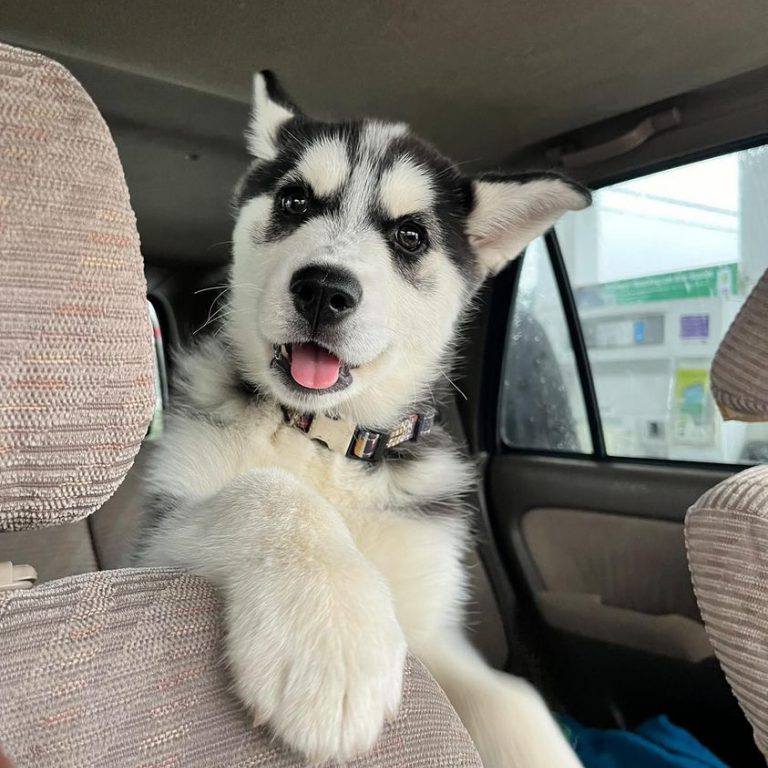
Delving into the essence of the Siberian Husky, we uncover a breed defined by more than its captivating looks. Understanding the physical and behavioral nuances of the Husky is essential for appreciating the breed’s unique nature and how they interact with their environment and other beings, including other dogs.
Physical Appearance and Attributes
The Siberian Husky boasts a list of distinctive physical attributes that not only contribute to its striking appearance but also to its capabilities as a resilient and agile breed. These attributes are often seen as husky pros for those considering the breed as a pet:
- Eyes: One of the most captivating features, Huskies can have blue, brown, or heterochromatic (two different colors) eyes, adding to their unique allure.
- Coat: They possess a dense double coat that provides insulation against cold temperatures. The coat comes in a variety of colors and patterns, with the common ones being black and white, gray and white, or red and white.
- Size: Huskies are medium-sized dogs, with males standing 21-23.5 inches at the shoulder and females slightly smaller at 20-22 inches.
- Build: They have a well-balanced, muscular build that enables their well-known stamina and agility.
- Tail: Their bushy tail, which often curls over their back, serves as added insulation when they curl up to sleep in cold environments.
The Unique Personality of the Siberian Husky
Understanding the personality of the Siberian Husky is crucial for potential owners. This breed exhibits a range of behaviors that can be both endearing and challenging:
- Sociable and Friendly: Huskies are known for their friendly disposition, making them great companions. Husky temperament with other dogs is generally positive, often displaying playful and sociable behavior when properly socialized.
- Independent and Stubborn: Their independence can sometimes translate into stubbornness, which may lead to husky behaviour problems if not managed with consistent and patient training.
- Intelligent and Mischievous: Their intelligence is undeniable, but it often comes with a mischievous streak. They can be escape artists, capable of overcoming fences and barriers with surprising ingenuity.
- Energetic and Adventurous: A high energy level is characteristic of the breed, requiring ample exercise and mental stimulation to prevent boredom and destructive behaviors.
Understanding the balance of physical attributes and personality traits of the Siberian Husky is key to appreciating what makes them such unique and beloved pets. Their combination of striking looks, dynamic energy, and complex behaviors demands a committed and understanding owner but promises a rewarding and enriching companionship.
The Joys of Owning a Siberian Husky
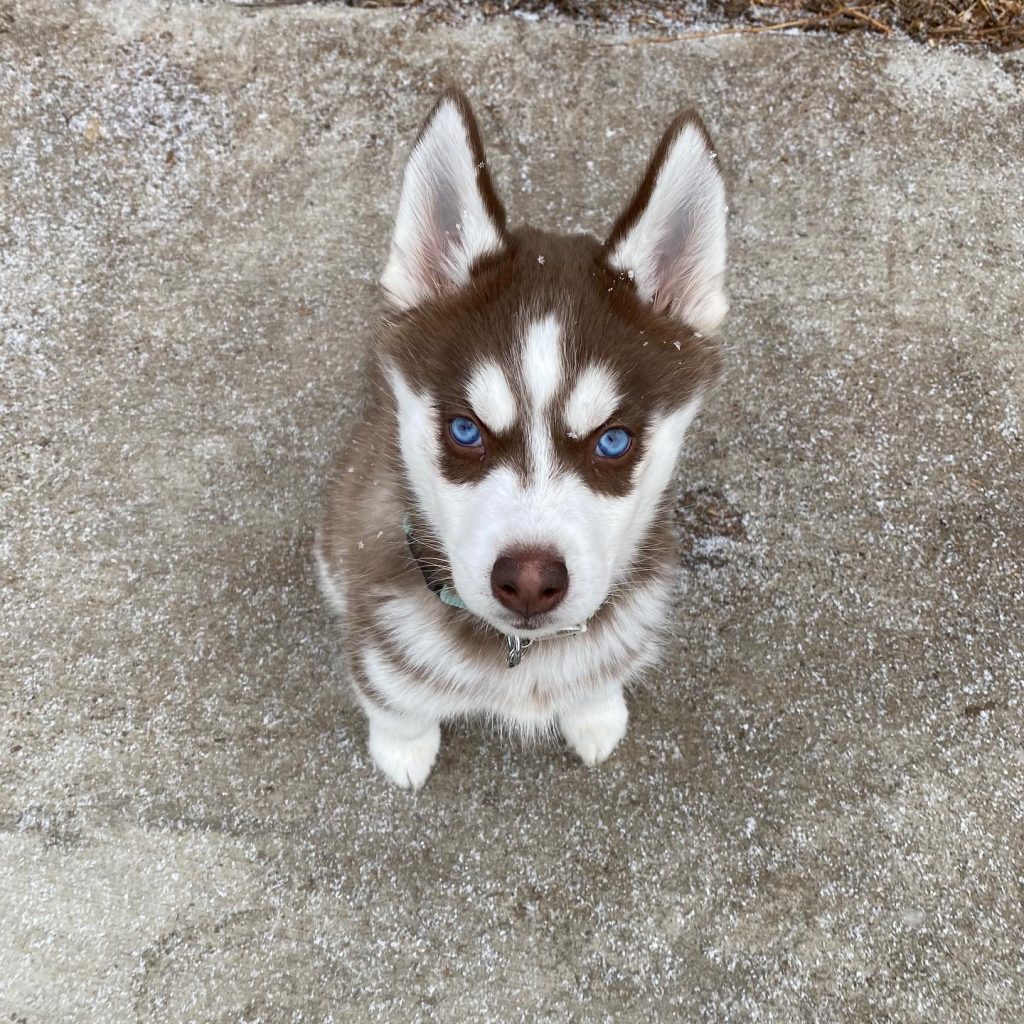
Owning a Siberian Husky brings a multitude of joys and rewarding experiences that can enrich the lives of their human companions. From their affable nature to their minimal grooming needs, Huskies offer a unique blend of traits that make them not just pets, but family members full of personality and spirit.
Friendly and Good-Natured Companions
The husky personality is often highlighted by their friendly and good-natured demeanor. Huskies thrive on companionship, both with humans and other dogs. They exhibit an open-hearted and welcoming attitude, making them excellent family pets. Their sociability extends to children, with whom they can be gentle and protective. This breed’s innate friendliness makes them poor guard dogs but exceptional companions, always ready to offer affection and receive it in return.
Playful, Energetic, and Dynamic Nature
Huskies are synonymous with a playful and dynamic nature, brimming with energy and a zest for life. This breed’s enthusiasm can turn even routine activities into adventures. Their love for the outdoors and need for regular exercise make them perfect partners for long walks, hikes, and play sessions in the yard. For Husky owners, engaging in activities that burn off their pet’s abundant energy is not just a responsibility but a joy. Following husky breed training tips and engaging in interactive play can greatly enhance the bond between Huskies and their owners, creating a fulfilling companionship.
Natural Cleanliness and Minimal Odor
One of the more practical joys of owning a Siberian Husky is their natural cleanliness and the minimal odor they emit. Huskies are known for their self-grooming habits, much like cats, which helps keep their coat in good condition with less need for frequent baths. This characteristic, combined with their lack of the typical “doggy odor,” makes them particularly appealing for indoor living and for owners who are keen on maintaining a clean home environment.
Independent Spirit and Aesthetic Appeal
The independent spirit of the Siberian Husky, combined with their striking aesthetic appeal, adds to the joy of owning this breed. Their independent nature encourages owners to engage in husky breed training guide practices that harness this trait positively, promoting mutual respect and understanding. The aesthetic appeal of Huskies, from their mesmerizing eyes to their majestic stance, makes them not just pets but a sight to behold, bringing beauty and grace into the lives of their owners.
Owning a Siberian Husky can be a deeply rewarding experience, filled with moments of joy, companionship, and beauty. Their unique blend of traits requires understanding and commitment but offers in return a rich, fulfilling relationship filled with love and adventure.
Caring for Your Siberian Husky
Proper care is essential for maintaining the health, happiness, and well-being of your Siberian Husky. From ensuring they get enough exercise to providing proper nutrition and grooming, each aspect plays a crucial role in your Husky’s life.
Exercise Needs and Training Tips
Siberian Huskies are high-energy dogs that require regular, vigorous exercise. Here’s a list of exercise needs and training tips to keep your Husky healthy and content:
- Daily Physical Activity: Aim for at least 60 minutes of exercise per day. Activities can include running, hiking, or playing fetch in a secure area.
- Mental Stimulation: Huskies thrive on mental challenges. Use interactive toys or training sessions to keep their minds engaged.
- Consistency in Training: Start training early and be consistent. Huskies respond well to positive reinforcement techniques such as treats and praise.
- Socialization: Expose your Husky to various people, pets, and environments to develop a well-adjusted and sociable dog.
Grooming Essentials for a Healthy Coat
Maintaining your Husky’s coat requires regular grooming. Brush their thick fur several times a week to reduce shedding and prevent matting. During shedding season, daily brushing might be necessary. Bathe your Husky only when needed, as their coat naturally repels dirt and bathing too often can strip natural oils from their skin.
Nutritional Guidelines for Optimal Health
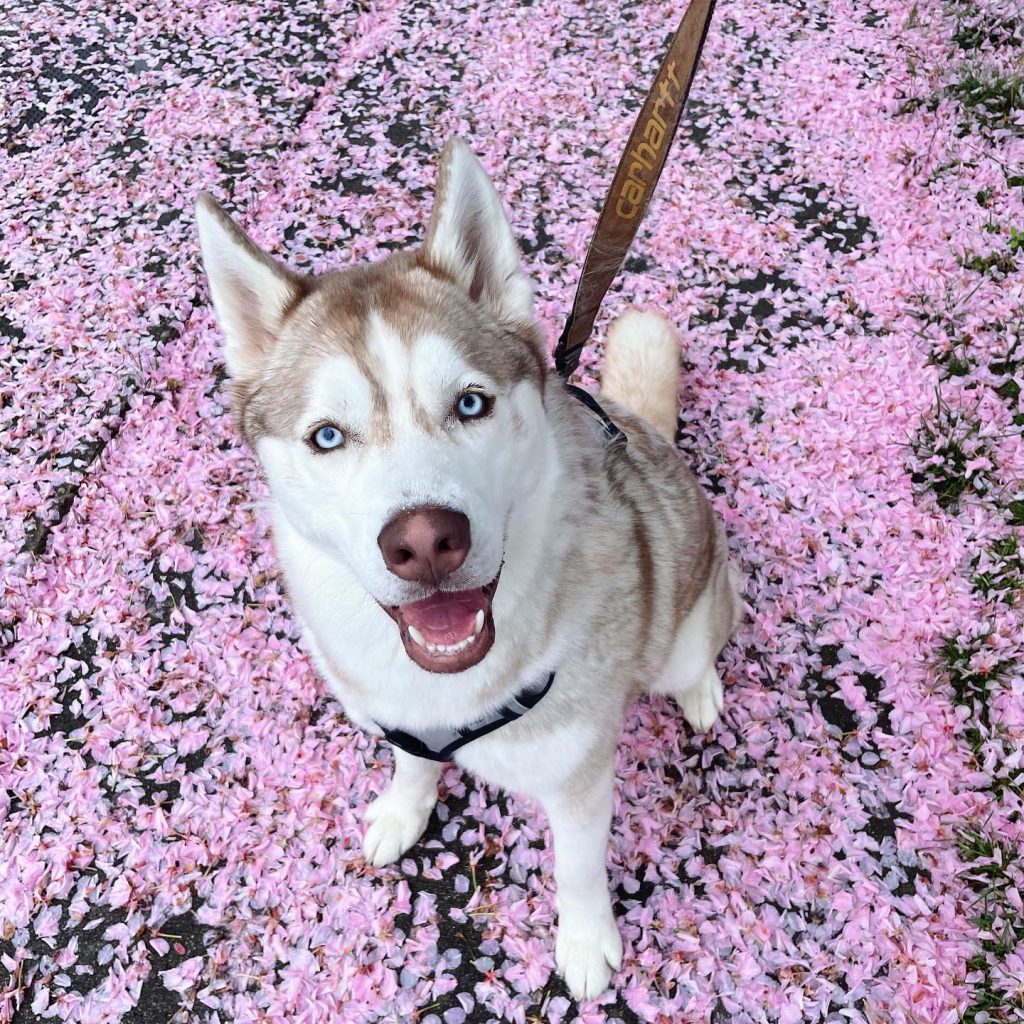
Feed your Husky a balanced diet suited to their age, size, and activity level. High-quality dry dog food, possibly supplemented with fresh, vet-approved ingredients, can provide the necessary nutrients. Ensure clean, fresh water is always available.
Common Health Issues and Prevention
Huskies are generally healthy but can be prone to certain genetic conditions like hip dysplasia and eye disorders. Regular vet check-ups, vaccinations, and preventive measures for parasites are essential for early detection and prevention of health issues.
Caring for your Siberian Husky involves a blend of physical care, nutritional management, and emotional bonding. Understanding and meeting their needs can lead to a rewarding companionship filled with joy and mutual respect.
Considerations Before Getting a Siberian Husky
Adopting a Siberian Husky is a significant decision that comes with specific considerations. Their high energy, distinctive behaviors, and physical traits like Siberian husky weight and husky lifespan require potential owners to evaluate if they can meet these needs.
Preparing for the Husky’s High Energy and Stamina
Siberian Huskies are renowned for their boundless energy and stamina, often requiring more than just a casual walk around the block to stay content. Prospective Husky owners should be prepared to commit to extensive daily exercise routines that go beyond basic pet care, including long runs, hikes, and interactive play sessions that cater to the Husky’s endurance levels. The high energy of a Husky is a fundamental trait tied to their working dog heritage, making an active lifestyle essential for their well-being.
Understanding Their Predatory Drive and Escape Artist Tendencies
Huskies possess a strong predatory drive, a trait that can affect their interactions with smaller animals and require vigilant supervision. Additionally, their intelligence and resourcefulness can turn them into adept escape artists, capable of overcoming fences and barriers. This tendency necessitates secure, Husky-proofed enclosures and constant vigilance to ensure their safety.
Managing the Shedding: What to Expect
Huskies have a dense double coat that sheds heavily, especially during the change of seasons. Prospective owners should be ready for significant shedding, requiring regular grooming to manage loose fur and maintain coat health. Understanding the grooming needs and being prepared for the shedding can help keep your home clean and your Husky comfortable.
Siberian Huskies and Your Family
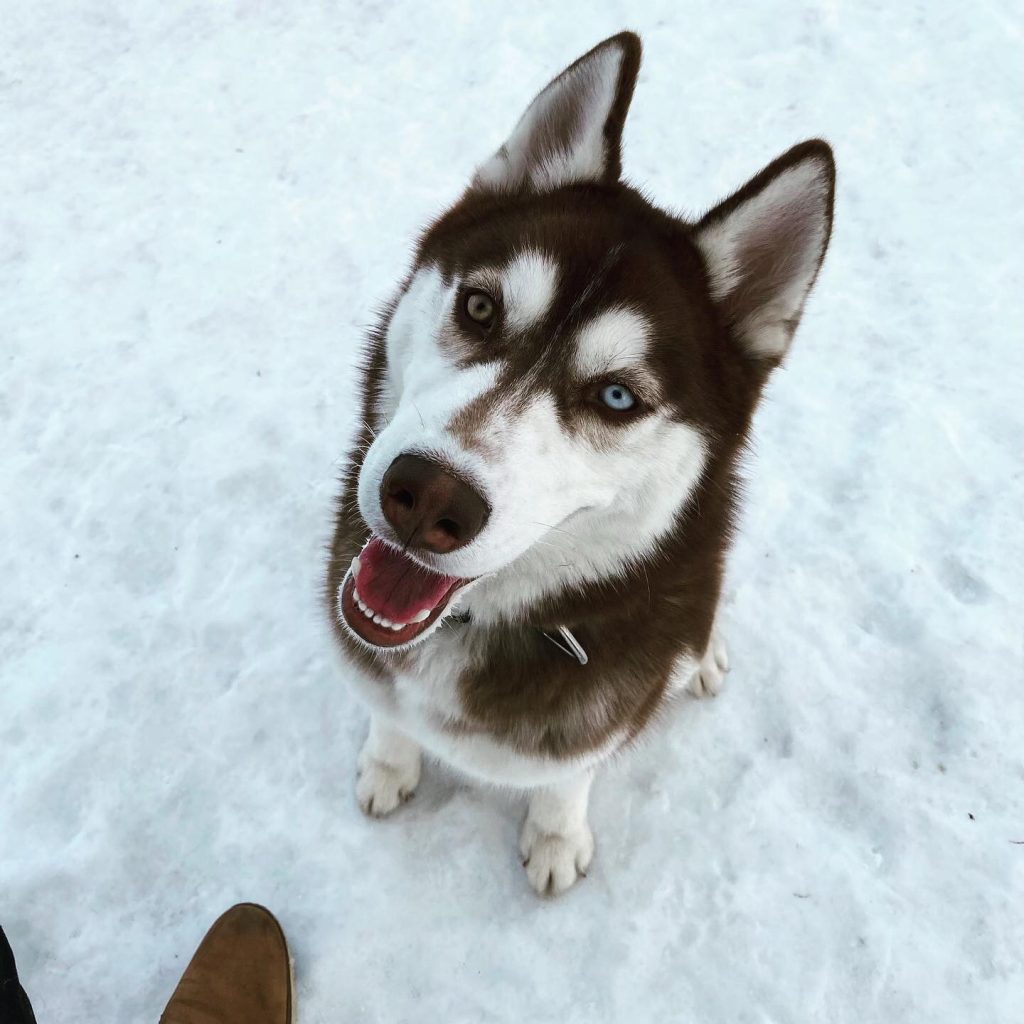
Are Siberian Huskies Good Family Dogs?
Siberian Huskies are known for their friendly and gentle nature, making them good companions for families. They exhibit a remarkable patience and playfulness that can mesh well with the energetic and lively atmosphere of a family home. However, their high energy levels and need for regular exercise must be considered. Families committed to engaging in outdoor activities and providing the necessary stimulation for a Husky will find a joyful and loyal family member in this breed.
Compatibility with Other Pets and Children
Huskies can coexist peacefully with children and other pets, especially when raised together. Their playful nature makes them great playmates for kids, though supervision is advisable to ensure safe interactions. When it comes to other pets, Huskies’ predatory instincts may pose challenges, particularly with small animals. Proper socialization and training are key to fostering positive relationships between Huskies, children, and other pets, ensuring a safe and nurturing environment for all.
Pros and Cons of Siberian Husky Ownership
The Rewards of Husky Companionship
The companionship of a Siberian Husky is filled with joy, loyalty, and adventure. Their playful, loving nature and stunning appearance bring aesthetic pleasure and emotional fulfillment to their owners. The bond formed with a Husky is strong, enriched by their sociable and affectionate demeanor.
Challenges to Anticipate with a Siberian Husky
Despite the numerous rewards, prospective Husky owners should be prepared for certain challenges. Their high energy and exercise needs demand an active lifestyle, while their intelligence can lead to stubbornness and escape attempts, requiring secure living environments and consistent training. Additionally, their heavy shedding and potential for strong prey drives necessitate commitment to grooming and careful socialization. Understanding and preparing for these aspects can ensure a harmonious relationship with a Siberian Husky.
FAQs About Siberian Huskies
Do Siberian Huskies Shed Much?
Yes, Siberian Huskies shed significantly, especially during the biannual shedding season when they blow their undercoat. Regular brushing can help manage the shedding.
Can Siberian Huskies Be Considered Dangerous?
Siberian Huskies are generally not considered dangerous. They are known for their friendly and gentle nature but require proper training and socialization like any breed.
Hypoallergenic Concerns and Siberian Huskies
Siberian Huskies are not hypoallergenic. Their significant shedding can be a concern for individuals with allergies.
Finding a Siberian Husky: Adoption vs. Purchase
Both adoption and purchase are viable options. Adopting can provide a home to a Husky in need, while purchasing from a reputable breeder allows for more background information on the dog’s lineage and health.
Final Thoughts: Is a Siberian Husky Right for You?
Deciding on a Siberian Husky involves weighing their high energy, grooming needs, and sociable nature against your lifestyle and preferences. If you’re ready for an active, affectionate companion and can commit to their care, a Husky could be a joyful addition to your life.
